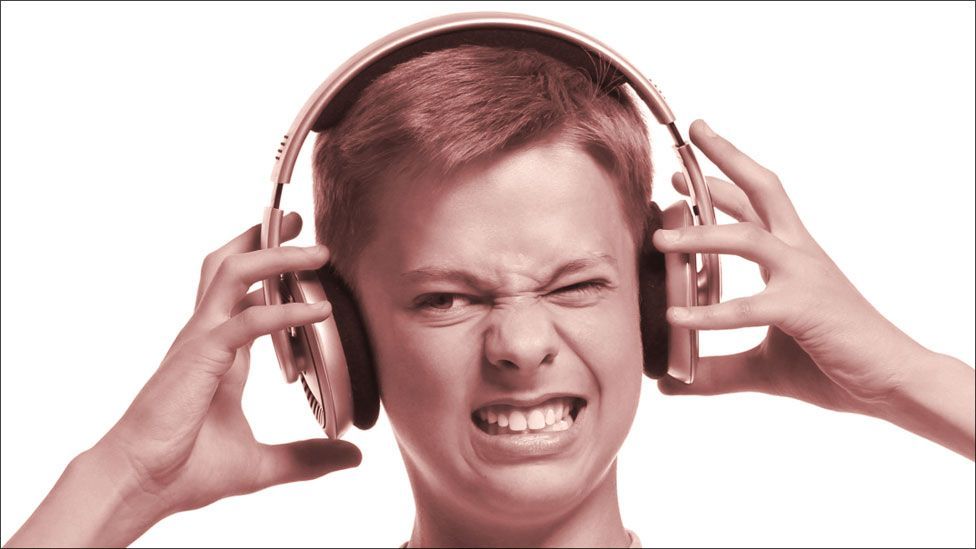Why Your Voice Sounds Different on a Recording
 Have you ever heard a recording of yourself talking? If you have, there is a good chance that you felt shocked and even embarrassed by the sound of your own voice. In fact, this is the same reaction that many of us have when we hear ourselves speak.We reactin this manner because we find it difficult to recognize our own voice. The recording sounds very different from what we directly hear when we speak. According to scientists, this disparity occurs because of the way sound gets transmitted to our ears.Usually, sound waves occur outside our body and enter the outer ears through the air. Then, the sound waves travel along a passageway that connects to the eardrum.From there, the sound waves reach the cochlea, which is the inner ear organ. This snail-shaped organ is filled with fluid that vibrates from the sound waves. The vibration is turned into a nerve signal that finally gets transmitted to our brain.This is the process by which we hear an audio recording of our voice, as well as most other sounds. However, the process is slightly different when we talk and directly hear ourselves speak.When we speak, some of the sound gets transmitted to our ears through the normal route. At the same time, it also travels on a different path to our auditory system.Namely, the sound waves vibrate the bones and tissues inside our head. This tends to increase and magnify the lower frequency of the sound waves. So, our voice usually sounds fuller and deeper to us, while an audio recording of our voice sounds higher and weaker. This is also why your recorded voice can seem unrecognizable when you hear it.
Have you ever heard a recording of yourself talking? If you have, there is a good chance that you felt shocked and even embarrassed by the sound of your own voice. In fact, this is the same reaction that many of us have when we hear ourselves speak.We reactin this manner because we find it difficult to recognize our own voice. The recording sounds very different from what we directly hear when we speak. According to scientists, this disparity occurs because of the way sound gets transmitted to our ears.Usually, sound waves occur outside our body and enter the outer ears through the air. Then, the sound waves travel along a passageway that connects to the eardrum.From there, the sound waves reach the cochlea, which is the inner ear organ. This snail-shaped organ is filled with fluid that vibrates from the sound waves. The vibration is turned into a nerve signal that finally gets transmitted to our brain.This is the process by which we hear an audio recording of our voice, as well as most other sounds. However, the process is slightly different when we talk and directly hear ourselves speak.When we speak, some of the sound gets transmitted to our ears through the normal route. At the same time, it also travels on a different path to our auditory system.Namely, the sound waves vibrate the bones and tissues inside our head. This tends to increase and magnify the lower frequency of the sound waves. So, our voice usually sounds fuller and deeper to us, while an audio recording of our voice sounds higher and weaker. This is also why your recorded voice can seem unrecognizable when you hear it. Questions:1. Why do many people feel shocked or embarrassed when they hear a recording of their own voice?2. How does sound typically travel to our ears when we hear audio recordings or other sounds?3. What is the process by which sound is transmitted to our brain when we directly hear ourselves speak?4. Why does our voice sound different on a recording compared to how it sounds when we speak?
Questions:1. Why do many people feel shocked or embarrassed when they hear a recording of their own voice?2. How does sound typically travel to our ears when we hear audio recordings or other sounds?3. What is the process by which sound is transmitted to our brain when we directly hear ourselves speak?4. Why does our voice sound different on a recording compared to how it sounds when we speak?5. How do you personally feel when you hear a recording of your own voice? Does it match your expectations or sound different to you?
